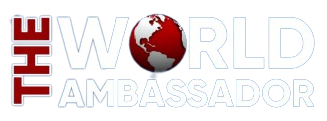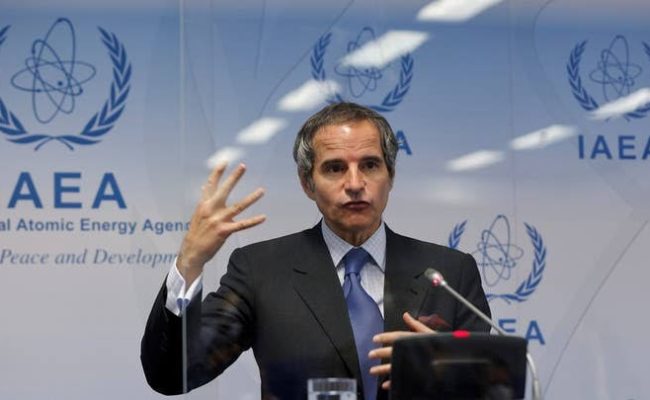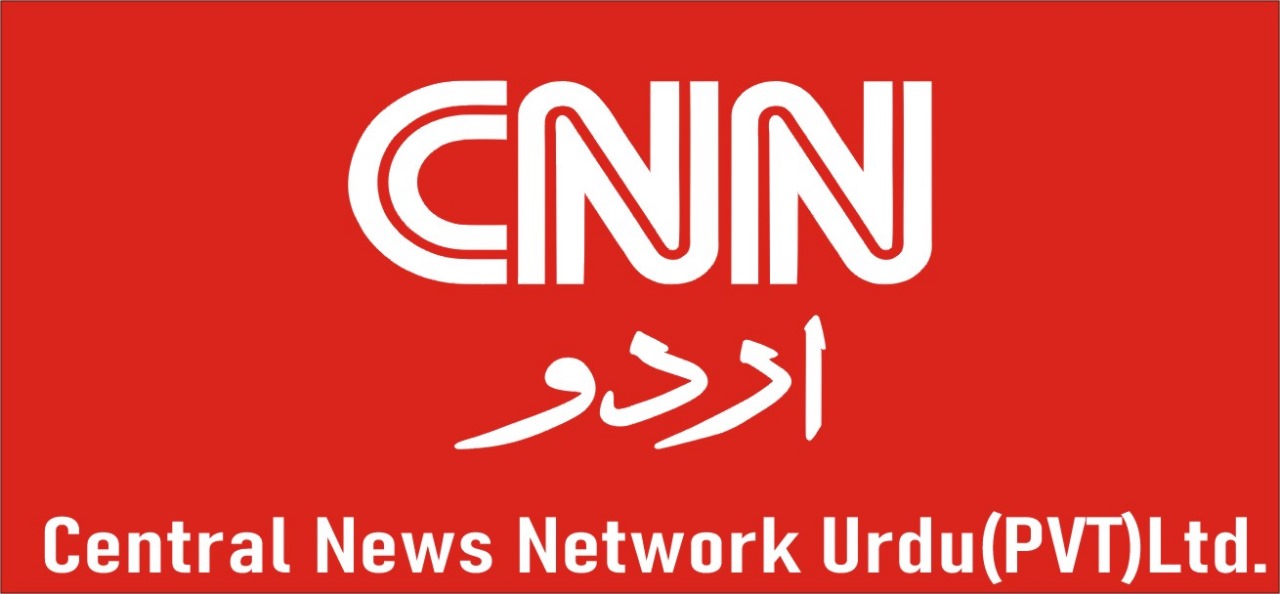By Wasif Ali Khan
TWA
━━━━━━
The Director General of the International Atomic Energy Agency (IAEA), Rafael Grossi, has stated that the agency has found no evidence of a systematic push by Iran towards developing nuclear weapons.
According to the Tehran Times, Grossi made this statement during an interview with American news outlet CNN.
However, Grossi also expressed concern, noting that the agency currently cannot confirm the location of Iran’s highly enriched uranium stockpile.
In a separate interview with Bloomberg, when asked whether the 60% enriched uranium remained secured in the underground Isfahan facility after Israeli strikes, Grossi responded, “I cannot be confident in saying it is secured.”
Previously, around 400 kilograms of uranium enough to produce 10 nuclear weapons was kept under IAEA seals at the Isfahan site. But Grossi pointed out that during times of war, nuclear facilities generally shut down, and IAEA inspectors in Iran are currently not conducting inspections or performing routine activities.
He emphasized that no other country in the world is enriching uranium to 60% a level technically close to the 90% needed for weapons-grade material.
While many senior officials believe Iran possesses “all the pieces of the puzzle,” Grossi noted that the situation remains highly ambiguous, which is never a good sign.
Prior to Israel’s preemptive strikes on Iran, IAEA inspectors were visiting Iranian nuclear sites more than once a day. Yet Grossi confirmed that Iran has not informed the IAEA of any specific measures it has taken to protect its uranium stockpiles from attacks.
“We were not informed of any detailed steps or additional safety measures. We don’t know what those extra protections are,” he said.
According to Bloomberg, the IAEA is now relying solely on satellite imagery. So far, no evidence has emerged indicating the uranium has been moved. If it had, such a move would likely constitute a violation of the Nuclear Non Proliferation Treaty (NPT).
Grossi concluded his remarks by urging a swift return to diplomatic negotiations, saying, “What is at stake here is extremely serious, and it is crucial to return to the diplomatic table as soon as possible.”


